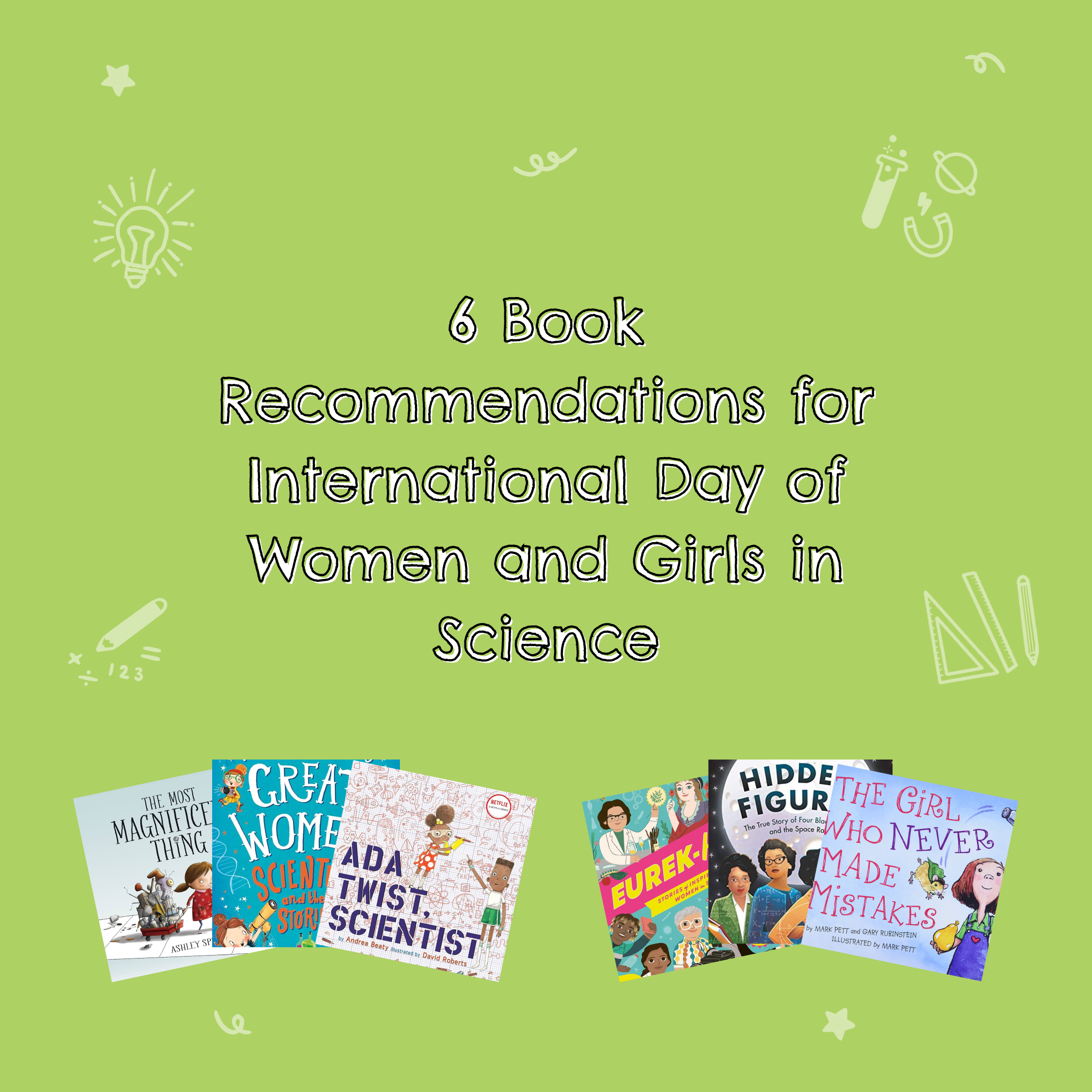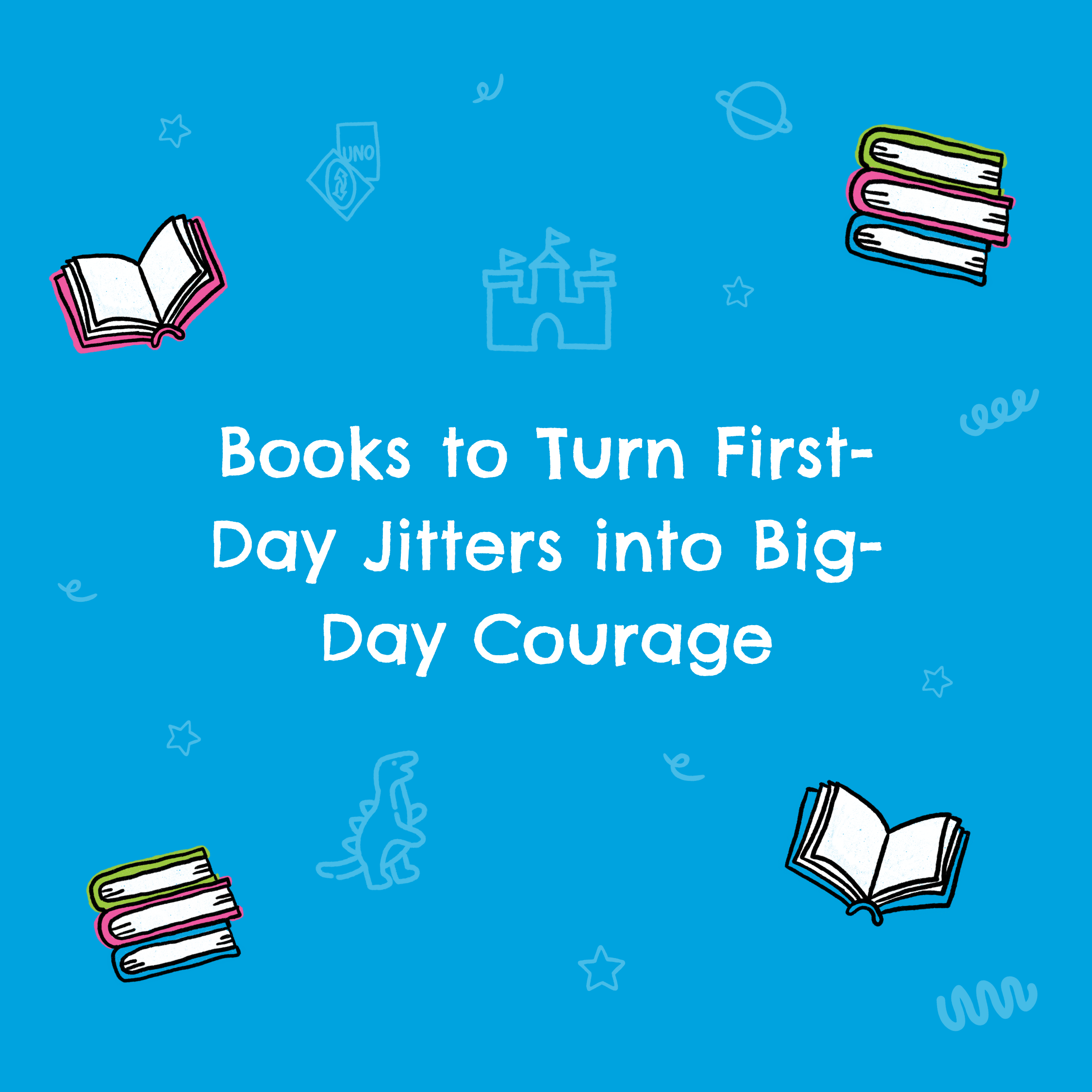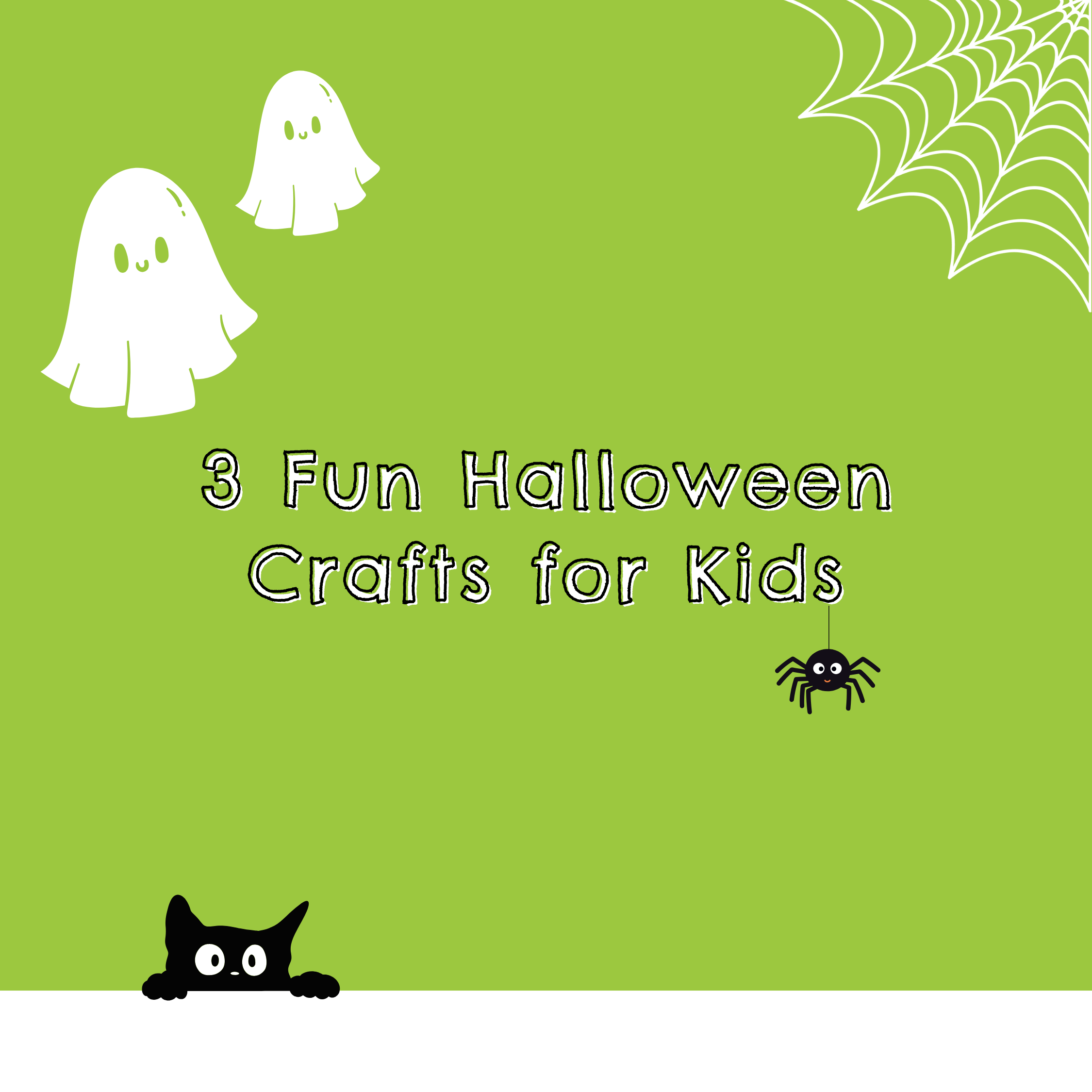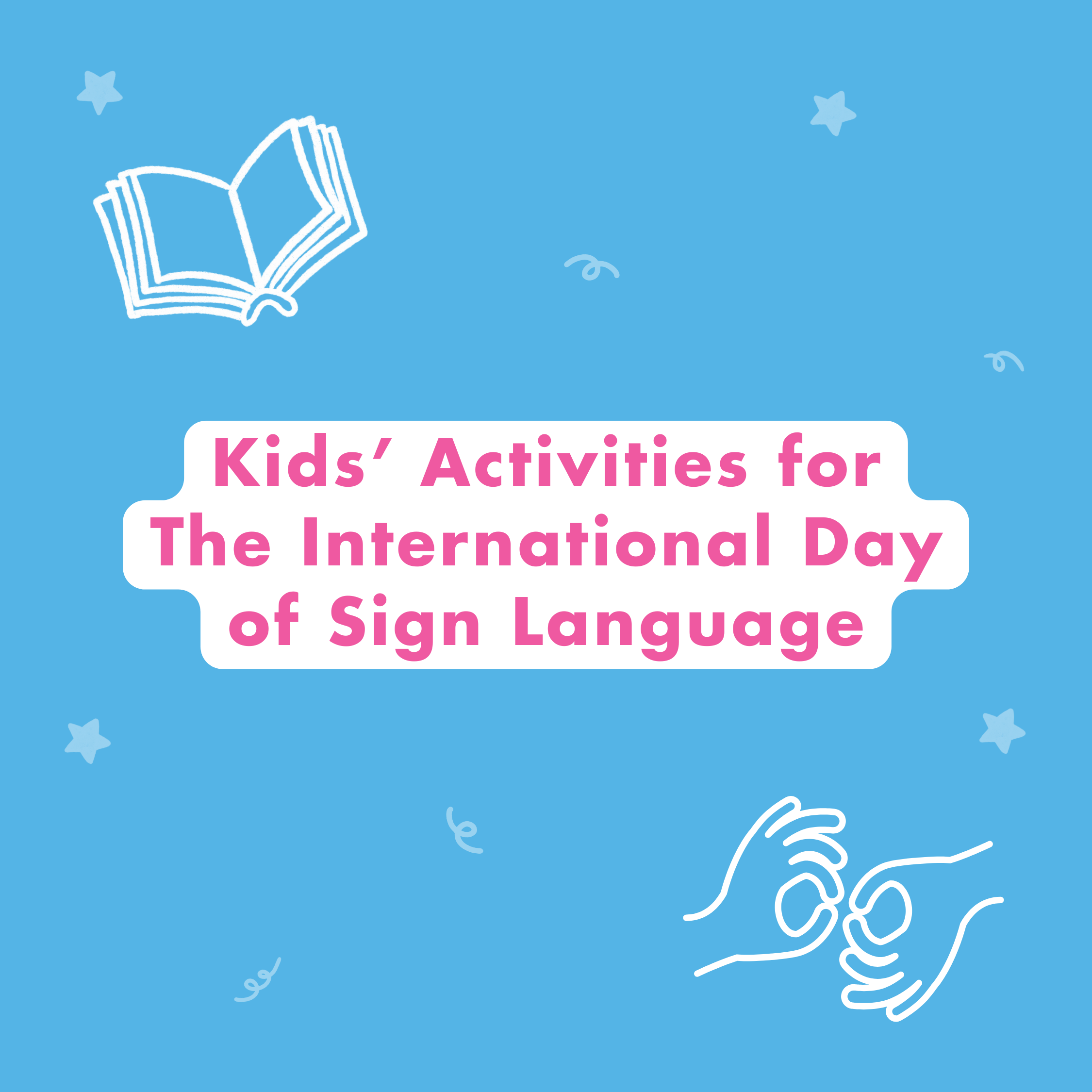National Reconciliation Week is coming up! From May 27th to June 3rd, Australia will recognise and reflect on the importance of building respectful relationships between Aboriginal and Torres Strait Islander peoples and Non-Indigenous Australians.
With the theme of Bridging Now to Next, National Reconciliation Week is a great opportunity to discuss the importance of true Reconciliation for Indigenous and Torres Strait Islander peoples with the little ones in our life. Read along for some resources and activities that will help open discussions around respect, reconciliation, and the importance of embedding First Nations perspectives in modern Australia.
Book Recommendations
Educating young people about reconciliation doesn’t have to be hard. Pick up one of these books and simply get the conversation started. The earlier you start discussing these topics, the more empathetic and respectful the little ones in your life will be.
Somebody's Land
This beautifully illustrated book introduces young readers to the concept of reconciliation, emphasising the importance of acknowledging and respecting the traditional lands of Indigenous Australians, and the term “terra nullius”. The story also fosters the understanding and appreciation of the recognition of our First Nations people encouraging children to reflect on the past and build a more inclusive future.
Finding Our Heart: A Story about the Uluru Statement for Young
By Thomas Mayo (Age 5 +)

This heartfelt picture book explores the Uluru Statement from the Heart, and invites young Australians to understand its significance. Through engaging storytelling and vibrant artwork, the book fosters empathy, respect, and a deeper connection to the rich history and culture of Indigenous Australians. The story inspires the next generation to embrace the spirit of unity and work towards a more inclusive future.
Stolen Girl
By Trina Saffioti (Ages 8 +)

The history of the Stolen Generation is carefully captured in this fictionalised book. The poignant story follows a young Indigenous girl taken from her family, offering a sensitive portrayal of the Stolen Generations and the impact of government policies on Indigenous communities. Through the eyes of the protagonist, readers experience the confusion, loss, and longing felt by many children who were forcibly removed from their homes.
Activity Resources
Reconciliation Week Colouring In
This colouring-in activity by Reconciliation Australia is a perfect way for children to connect with the themes of reconciliation through art. Download this beautifully designed colouring sheets that highlight Indigenous art and cultural symbols. This activity sparks creativity and provides the opportunity to start conversations around understanding and respect for Aboriginal and Torres Strait Islander peoples.
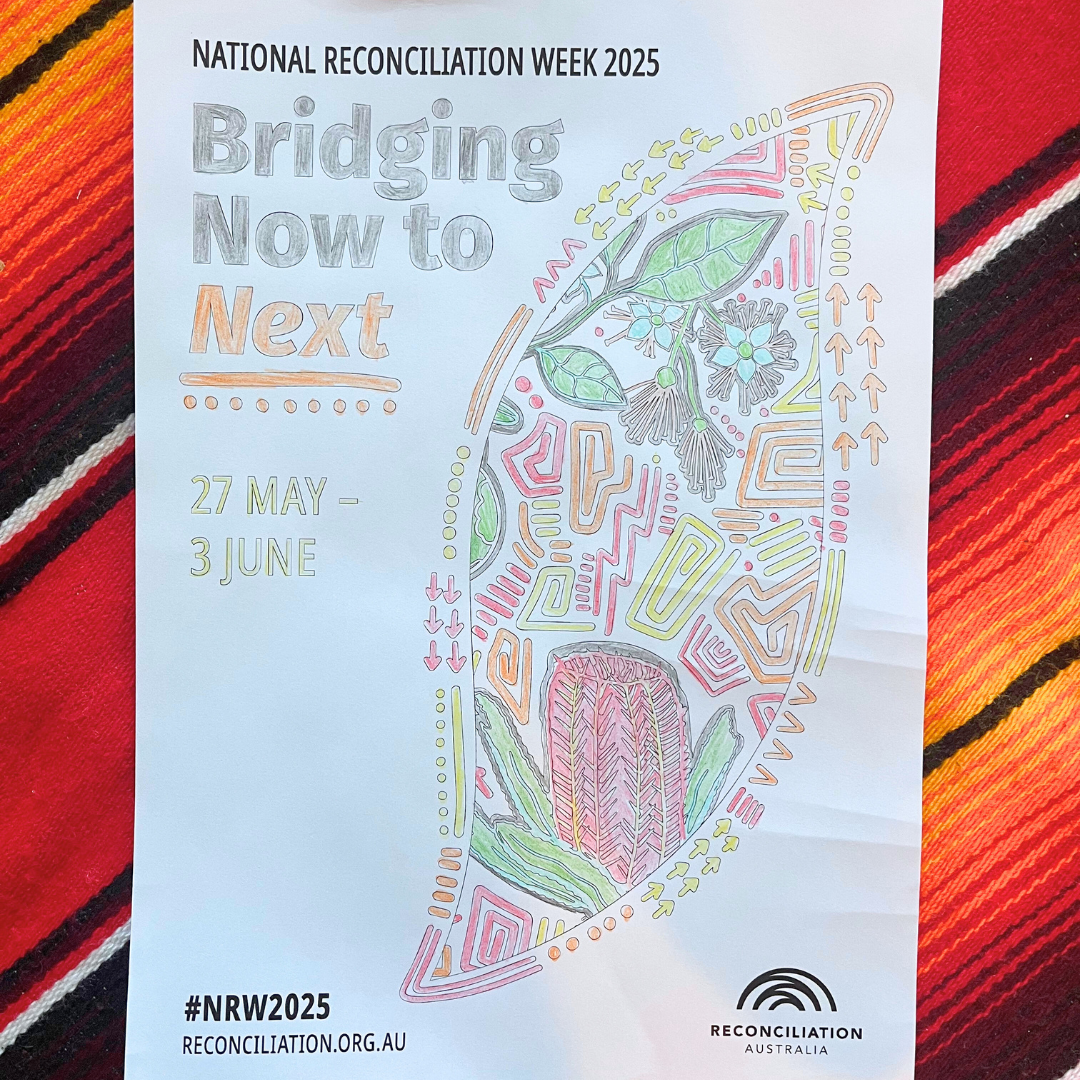
Reconciliation Week Craft
Wear It Yellow is a fundraiser event held during National Reconciliation Week organised by the charity Children’s Ground to support First Nations children, knowledge, and creativity and to celebrate First Nations culture. The colour yellow, central to the Aboriginal Flag, represents the sun as the giver of life. Visit here to download this paper craft activity to spark your creativity!

Watch Play School: Walking Together
Perfect for young children
This episode is designed to foster children's early understanding of our shared histories and the importance of building relationships and communities that value Aboriginal and Torres Strait Islander peoples, histories, cultures, and futures. The episode uses songs, art, and imaginative play to engage young viewers.
It’s not an Isolated Incident by Cally Jetta
Perfect for older people (teens and adults alike!)
Listen to Cally Jetta’s insightful TED Talk, where she highlights the systematic issues faced by Indigenous Australians. Drawing from personal experiences and broader societal observations, Carly emphasises that incidents of racism and discrimination are not isolated but part of a larger, pervasive problem. This video may bring up challenging emotions, but by drawing on PACE principles of acceptance, curiosity and empathythis video will create a space for meaningful conversations. After all, feeling challenging emotions often leads to change.
Reconciliation Week reminds us that educating young people and ourselves about reconciliation is both vital and achievable. It might inspire you to foster meaningful conversations about respect, reconciliation, and the importance of First Nations perspectives in modern Australia. It's important to take this opportunity to work together towards a more inclusive and understanding society, one conversation at a time.



